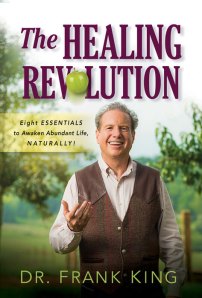The following is an excerpt from my article, Worried About Your Teen Getting Into College? Consider Music Lessons, published on HuffingtonPost.com on February 2, 2017:

Courtesy: Pedro Simao
Gaining mastery over any challenge your teen may face – sports, travel abroad, or acing AP Math – results in feelings of being ready to take on the challenge of post-secondary education. But many high school students aren’t able to compete, or don’t have access to classes and experiences that improve their chances for getting into and succeeding in college.
However, music training begun as late as high school may help improve the teenage brain’s responses to sound and sharpen hearing and language skills, suggests a new study from Northwestern University.
Nina Kraus, senior study author and director of Northwestern’s Auditory Neuroscience Laboratory at the School of Communication recruited 40 Chicago-area high school freshmen in a study that began shortly before school started. They followed these children longitudinally until their senior year. The stable processing of sound details, important for language skills, is known to be diminished in children raised in poverty, raising the possibility that music education may offset this negative influence on sound processing.
“While music programs are often the first to be cut when the school budget is tight, these results highlight music’s place in the high school curriculum,” said Kraus.
Can Music Lessons Make a Difference?
The U.S. Department of Education recommends at least one year of visual and performing arts for college-bound high school students asserting, “Many colleges view participation in the arts and music as valuable experience that broadens students’ understanding and appreciation of the world around them.” In addition, music education plays a part in improving “children’s intellectual development.”
According to the Children’s Music Workshop, a Los Angeles-area music education company specializing in school-site music instruction, music education advocacy, and custom-designed band and orchestra books. “Students taking courses in music performance and music appreciation scored higher in the SAT than students with no arts participation. Music performance students scored 53 points higher on the verbal and 39 points higher on the math. Music appreciation students scored 61 points higher on the verbal and 42 points higher on the math…
I invite you to continue reading the entire article on HuffPo, including resources for parents and teachers. Click here to continue.
If you have ideas for supporting music programs in American high schools, please comment below!




